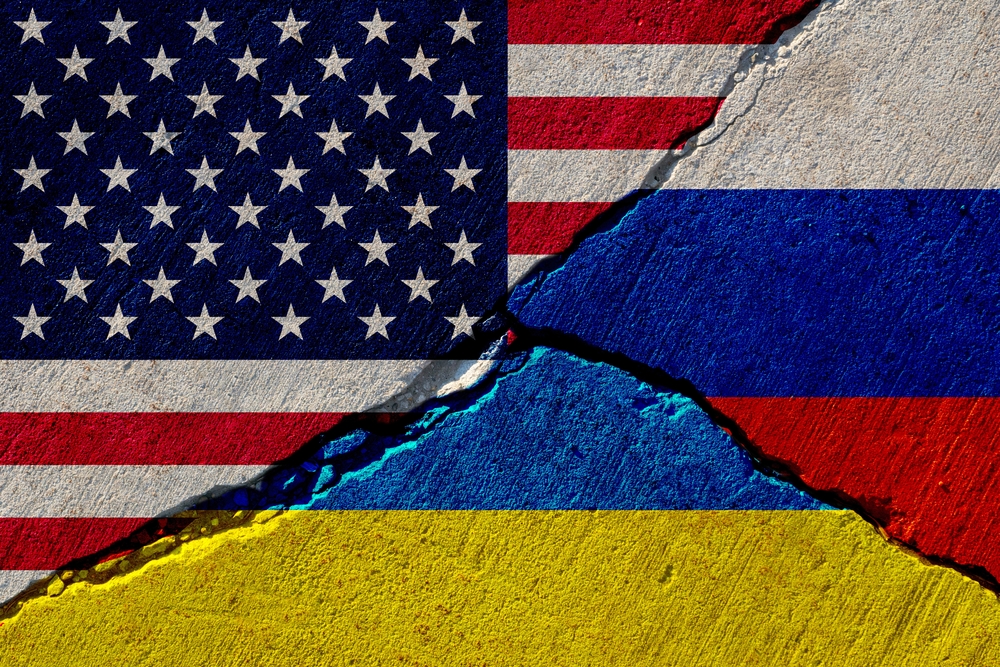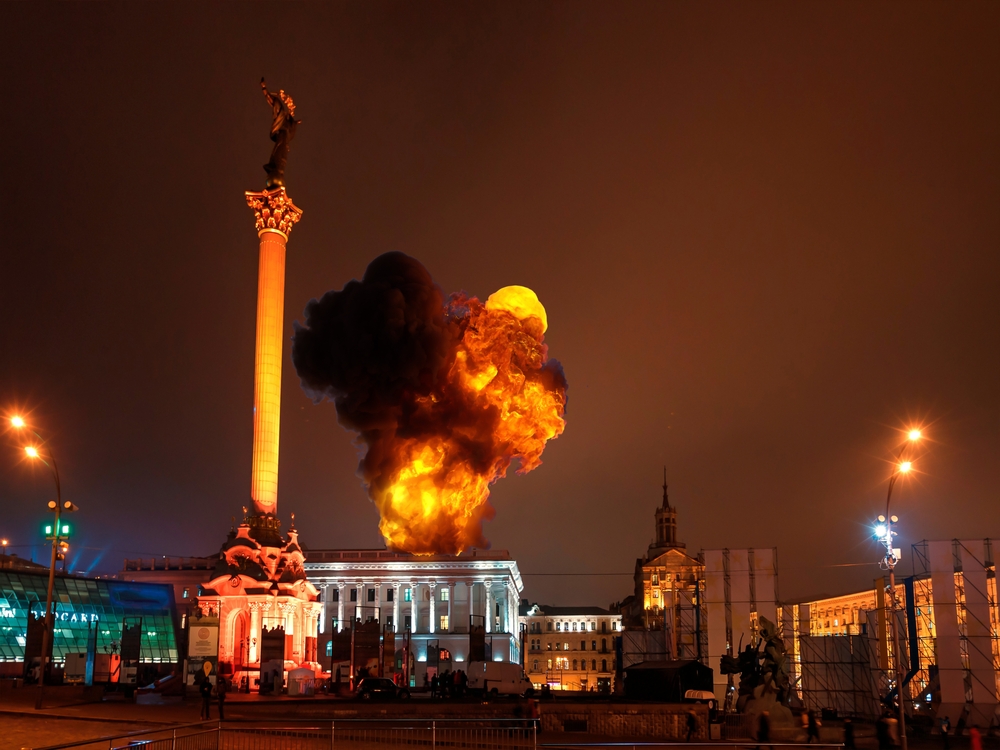Quincy Institute’s Position on Russia-Ukraine
An open letter from QI President Andrew Bacevich, CEO Lora Lumpe, and Executive Vice President Trita Parsi
The Quincy Institute’s mission is to move U.S. foreign policy away from endless war and toward vigorous diplomacy in the pursuit of international peace. Like all of our work, our approach to the Russia-Ukraine war is guided by this priority and the basic tenets of the international relations theories of realism and restraint. This framework leads us to the following conclusions:
- We categorically condemn Russia’s illegal invasion of Ukraine, and support U.S. assistance for Ukraine’s self-defense.
- A protracted war will inflict grave damage on the people of Ukraine, while also harming our NATO allies, and the world as a whole, including Americans.
- Direct conflict between the United States and Russia risks potential nuclear weapons use and avoiding it therefore must be America’s top priority.
- In light of these realities, the United States should play an active role in seeking a negotiated peace that preserves Ukrainian sovereignty and independence.
- U.S. diplomatic efforts should recognize Ukraine’s critical role in negotiations, but should also recognize that as the most powerful nation on earth and the largest supporter of the Ukrainian war effort, the U.S. has a major role to play in seeking peace.
- This U.S. role, and the damage to the U.S., European and global economies stemming from the war, also give the U.S. administration critical cause to play a part in seeking a peace settlement.
- The United States should avoid advancing maximalist war aims such as regime change in Russia, which cuts off possibilities for compromise or ending the war through diplomacy.
- While compromise is difficult in light of Putin’s actions, the costs and risks of an extended war are even greater.
The Washington Post reported this weekend that Secretary of State Blinken has not spoken to his counterpart at the Kremlin – about anything – since the beginning of the war. There are a number of steps the administration can take now to advance diplomatic efforts to end this war including showing openness to direct talks and new security arrangements and signaling willingness to ease some sanctions as part of a peace deal. Simply put, an endless war in the heart of Europe will not serve the interests or well-being of either the Ukrainian or the American people.
QI staff experts have offered clear and consistent warnings of the dangers posed by the potential conflict between Russia and Ukraine and how the United States could be drawn in; they have also offered roadmaps for how to avoid and now end the conflict. This analysis stretches back many years and is deeply informed.
It has been suggested that QI’s approach is insufficiently critical of Russia. A cursory search of our writings and our website shows this to be false. Numerous QI staff and leaders have characterized Russia’s conduct in this war as “deeply criminal,” “indiscriminate violence,” “monstrous and illegal,” “heart-rending…carnage,” “criminal aggression,” and “illegal and brutal”— to provide just a few examples.
We invite you to read our analysis, commentary, interviews and letters on this site to find out more about our work to end this war and to prevent others.

